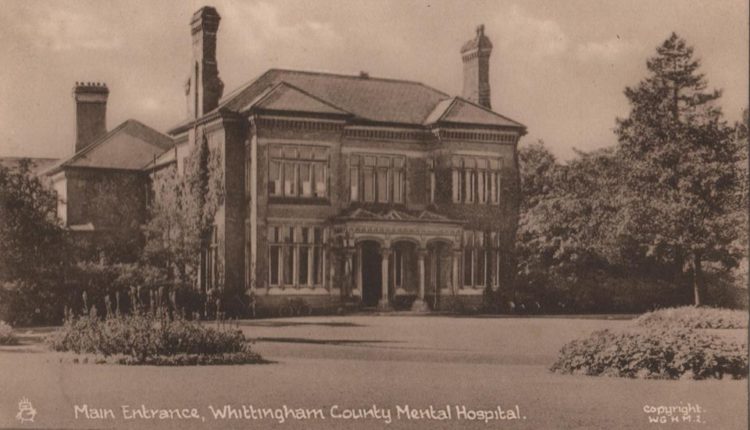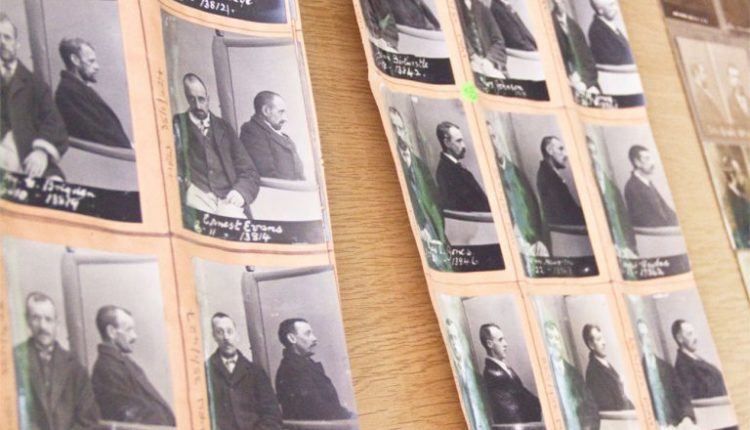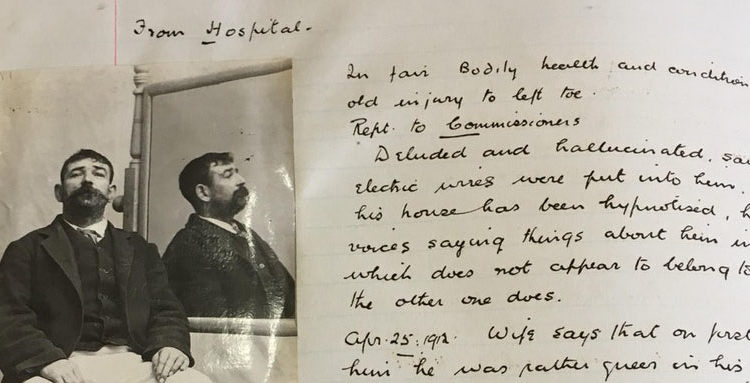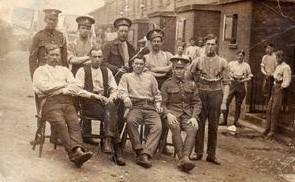LVL CHECKS OUT WHITTINGHAM 1918 AT THE CASA THEATRE
Whittingham 1918 came to the Casa Theatre on Tuesday 30th October with a truly remarkable show about lives lived and lost at Whittingham Asylum near Preston. Written by Eric Northey and directed by Terence Mann, Whittingham 1918 is a compassionately-portrayed exploration of the real-life experiences of inmates, family and medical staff at Whittingham Asylum. Set one hundred years ago, these life stories are played out amidst the deepening horrors of the First World War.

A free show brought to Liverpool for the first time in the cosy and intimate fringe venue that is the Casa Theatre on Hope Street, Whittingham 1918 emerged from research into the recently-released 1918 archives of the asylum, and was developed as part of the Whittingham Lives project. A ‘two year arts and heritage project’ that explores the ‘culture and legacy’ of the Whittingham asylum, Whittingham 1918 brings to life the powerful and otherwise hidden histories of those who lived within the walls of the asylum’s sprawling estate. Closed in the 1990s, the buildings were demolished in 2016 to make way for a housing development, but the stories live on in the vast written archives of the asylum and offer a fascinating and at times heart-breaking insight into an asylum system that nears breaking point as the pressures of World War One are brought to bear.

We are introduced to a few of the asylum’s patients: a Shakespearean actor, whose occasional thespian outbursts often pierce through the absurdity of his predicament, a young pregnant woman whose partner had died in the war, and a man whose German name and heritage led to his internment, as well as the doctors and nurses who tried to find ways to help the patients deal with their circumstances. These sometimes desperate lives are carefully depicted by an exceptional cast, drawn mainly from drama students at University of Central Lancashire, whose beautifully crafted and sympathetic portraits drew a standing ovation from the packed theatre.

As the well-meaning and caring staff struggle to find more humane approaches to treating mental illness, we witness the pressures and challenges of the asylum environment as it takes its toll on staff and patients alike. Soon, the shell-shocked survivors of the war begin to arrive, including the recently-returned chief medical officer of the asylum who has been changed by his experiences on the frontline, and a conscientious objector sent out to carry the casualties of the battlefields, so traumatised by what he had seen that he had become mute. In depicting these individual life stories, the sheer senseless destruction of ‘the war to end all wars’ is laid bare in all its tragedy.

Supported by The Arts Council, Heritage Lottery Fund and Unison, the play also touches on the birth of a union movement as the nurses organise to fight cuts to pay and rations, with Sister Edith, played by Emilie Salter, joining the National Asylum Workers Union, which went on to become part of Unison.
Whittingham 1918 is a clear example of the Casa Theatre doing what it does best – offering a space for powerful, incisive and thought-provoking theatre, and Whittingham 1918, leaving barely a dry eye in the audience, was an extraordinary tribute to those whose lives had been circumscribed by the Whittingham Asylum and a timely reminder in the centenary anniversary of the end of World War One of the true horror and human cost of war.
Find out more about the Whittingham Lives Project ONLINE
Check out what’s on at the Casa Theatre ONLINE
Images courtesy of Lancashire Archives, Whittingham Lives and the Casa Theatre.

